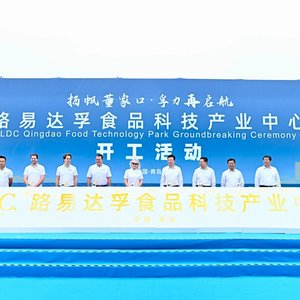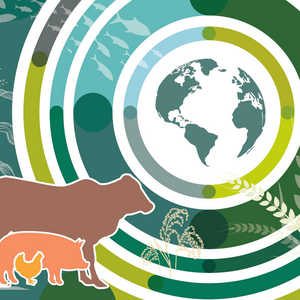When it comes to organic certification, there are strict guidelines for food producers to follow. For an organic steak, the cow it came from has to be raised on organic feed and the feed mix can’t be produced with pesticides, chemical fertilizers or genetic engineering. Now, the U.S. Department of Agriculture in considering a set of rules for organic farmed fish. Several consumer groups, though, say the recommended rules don’t go far enough to meet the strict standards of other organic foods.
The feed for fish to eat is at the center of the debate.
The standards recommended by the National Organic Standards Board, a federal advisory board whose members are appointed by the Secretary of Agriculture, suggest guidelines for how fish can be grown organically in pens in the ocean and how much wild caught fish can be used as protein in fish feed.
“What the national organic standards board recommended was that there would be some allowance for non-organic fish feed that would be phased out after a 12-year period of time,” said Miles Mcevoy, the deputy administrator of the USDA’s National Organic Program.
Many organic stakeholders, however, say an organic diet is important for organic livestock and fish.
Lisa Bunin, the organic policy director at the Center for Food Safety, says fish farmed under the recommended standards shouldn’t be certified as organic.
“It’s not 100 percent organic and organic requires all animals to have an organic diet,” she said.
Bunin is also concerned about raising farmed fish in pens in the open ocean, as farmers can’t control what toxins the fish are exposed to. Ocean-based fish farms could also be a source of pollution. Diseases can pass between populations of wild and farmed fish.
“The particles from these facilities eventually settle on the ocean floor and can dramatically alter the oxygen and reduce the population of bottom dwelling animals,” Bunin said.
Consumer groups like Food and Water Watch and the Consumers Union have also opposed the recommended standards for organically farmed fish.
[Source: Kristofor Husted, Iowa Public Radio. Full article and audio broadcast].










